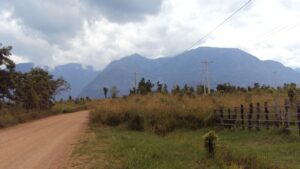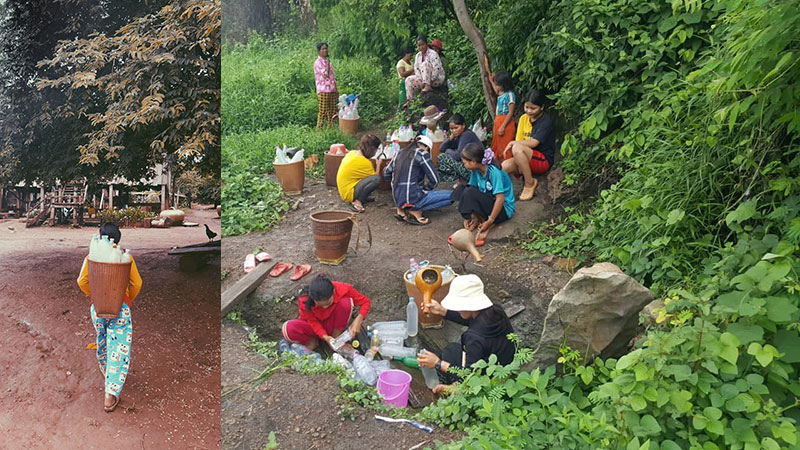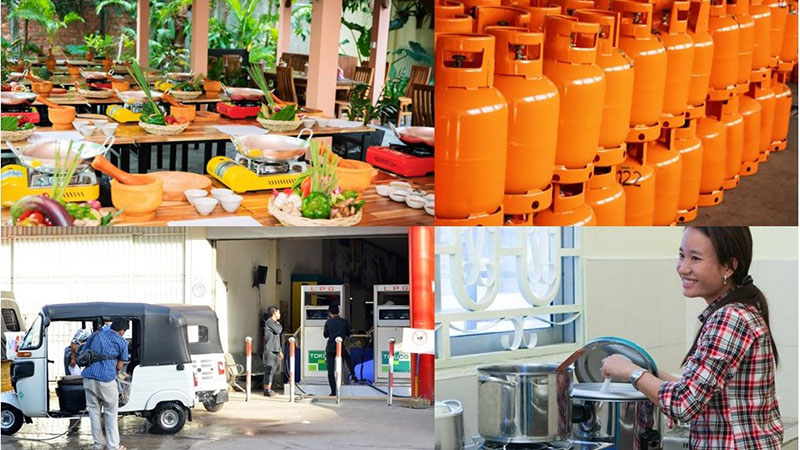Natural Resources and Environment
Renewable Energy and Climate Change Perceptions in Cambodia
Start Date: 01/01/2022
End Date: 31/12/2022


Project Objective
- To analyze the role of positive (co-benefits) and negative (avoiding climate change impacts) framings for the support of renewable energy.
- To assess how the level of cooperation differs between achieving co-benefits versus avoiding negative climate change impacts.
- To analyze how social norms, perceptions about climate change, and gender may explain the framing effects.
Project Description
This study hypothesizes that the reason for Cambodia’s moving toward a more fossil fuel-based energy could be due to the misperceptions or underestimated co-benefits of renewable energy in relation to the associated costs. If the support for renewable energy depends on the framing, then public support for renewable energy from both policy makers and the general population is required to foster the policy change. Since it is unclear how long-lasting the effect of framing is on an individual, policy makers might consider adopting a long-term strategy in which they reinforce the narrative surrounding renewable energy. Therefore, this study aims to explore whether the attitude towards renewable energy depends on the framing of the situation— the different co-benefits and the associated costs, and that to what extent and how the public support, if any, can stimulate the policy changes towards a more sustainable and renewable-based economy.











